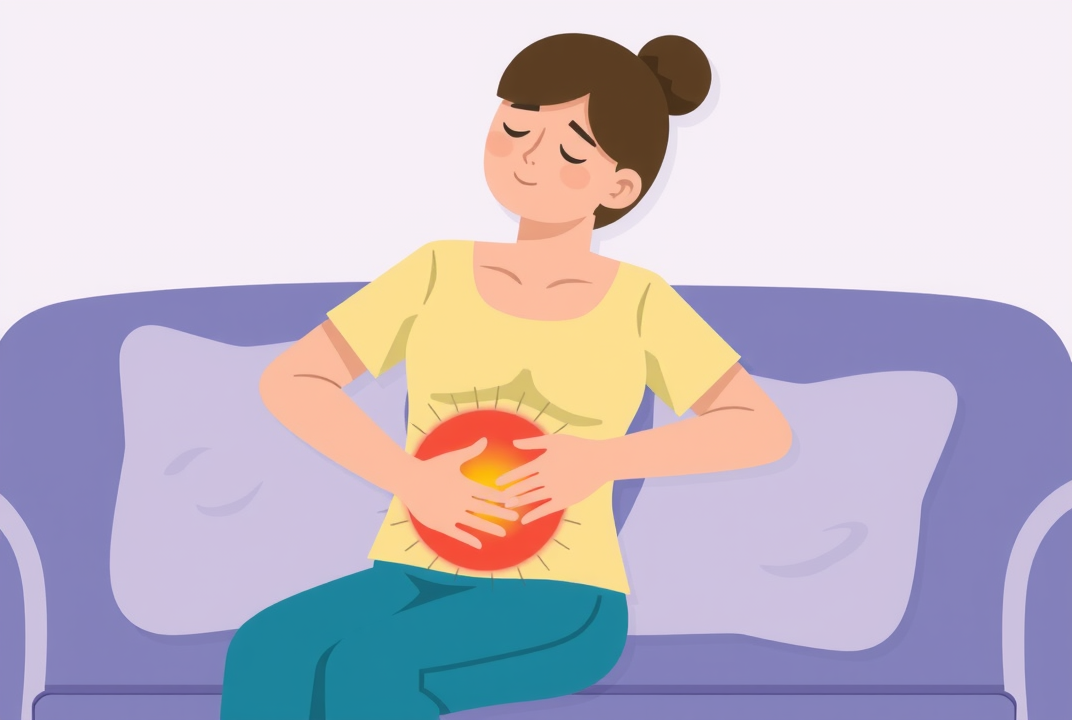Effective Pain Management During Diverticulitis Flare-Ups: Essential Insights

Introduction
Imagine dealing with a gut condition that unpredictably flares up, causing discomfort and affecting daily life. This is a reality for those with diverticulitis, a condition that can lead to severe abdominal pain and other symptoms. Understanding how to effectively manage pain during a flare-up is crucial for maintaining a quality of life. In this article, readers will gain insights into strategies for managing pain, the importance of medical guidance, and lifestyle adjustments that can offer relief.
Understanding Diverticulitis Flare-Ups
Diverticulitis occurs when pouches form in the wall of the colon and become inflamed. Pain is one of the most significant symptoms during a flare-up. This section will cover why these pouches form and trigger inflammation. We'll also delve into associated symptoms like fever, nausea, and changes in bowel habits. Recognizing these signs early can guide better management of the condition.
Common Symptoms and Diagnosis
During a diverticulitis flare-up, patients typically experience intense pain in the lower abdomen, often on the left side. Other symptoms might include fever, chills, and a noticeable change in bowel patterns. Diagnosing diverticulitis often requires imaging such as a CT scan to confirm inflammation and rule out other conditions. Understanding these symptoms enables patients to seek timely medical interventions.
Strategies for Managing Pain
-
Medical Interventions: In many cases, doctors prescribe antibiotics to address infection and inflammation. Pain relief might also involve over-the-counter medications.
-
Diet Adjustments: Transitioning to a liquid diet can provide relief by allowing the colon to rest. Introducing low-fiber foods slowly helps in managing the digestive system's recovery.
-
Stress Management: Stress exacerbates symptoms. Techniques such as mindfulness, meditation, or yoga can help manage stress levels.
-
Hydration: Staying well-hydrated aids in digestion and minimizes constipation risk, which can worsen symptoms.
-
Physical Activity: Gentle exercises such as walking promote bowel movements and reduce the severity of symptoms.
Long-term Lifestyle Adjustments
-
Regular Check-Ups: Frequent medical consultations ensure ongoing management and prevent recurrent flare-ups.
-
Balanced Diet: Maintaining a high-fiber diet outside of flare-ups can prevent future episodes.
-
Probiotics: These may support gut health, though consulting with healthcare providers is essential before starting any new supplement.
Potential Questions
-
Is diverticulitis hereditary?
-
Can stress alone trigger a flare-up?
-
What foods should be avoided during a flare-up?
Addressing these questions provides clarity and encourages proactive health management.
Quotes from Experts
"Maintaining a proactive approach with regular medical check-ups can significantly reduce flare-up frequency," says Dr. Lisa Harvey, a gastroenterologist.
FAQs
-
What is the first line of treatment during a flare-up?
-
Antibiotics are often prescribed to reduce infection.
-
-
Can lifestyle choices affect the occurrence of diverticulitis?
-
Yes, high-fiber diets and stress management play critical roles.
-
Conclusion
Effectively managing pain during diverticulitis flare-ups involves a combination of medical care, dietary changes, and lifestyle adjustments. Patients should consult healthcare providers for personalized strategies. By adopting these practices, sufferers can mitigate symptoms and enhance their well-being.